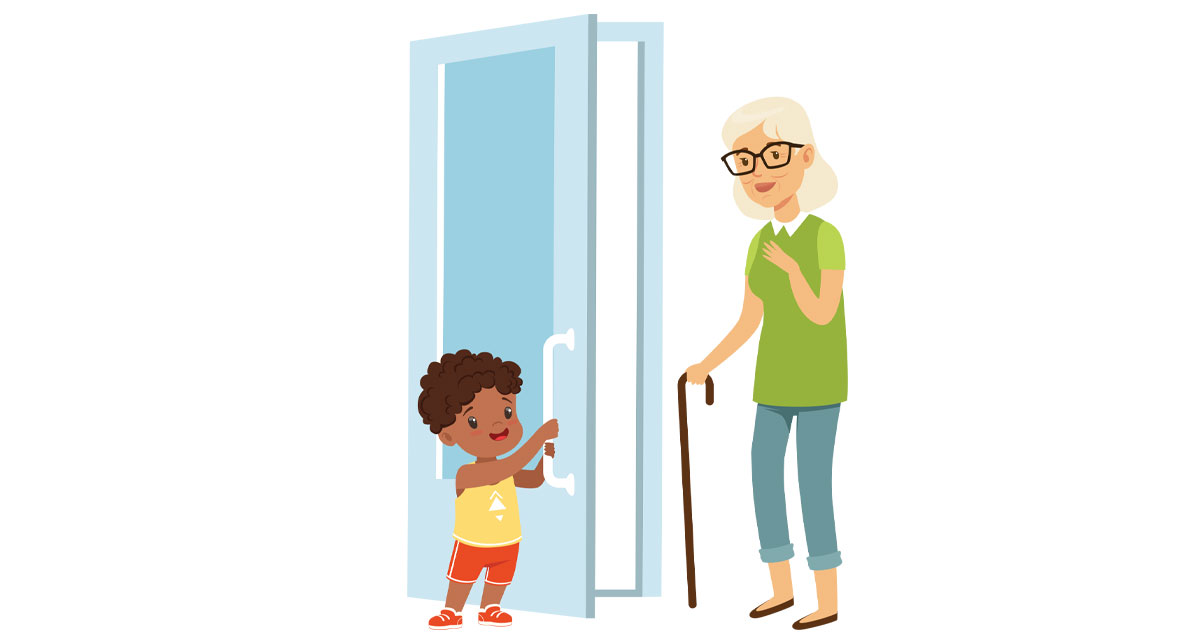Long, long ago, when I was a child, many things were instilled in my sister and me that I try to use today—“try” being the operative word. Some days are harder than others when people you deal with don’t play by the same rules. What am I referring to? In one word—manners. My parents taught us the importance of being kind, respectful, and mannerly. These same ideals should still be in fashion and taught from an early age.
The dictionary defines manners as: “Ways of behaving with reference to polite standards; social comportment. A person’s outward bearing; way of speaking to and treating others.” During this l-o-n-g pandemic, I have seen people being kind and respectful, and others being just the opposite. Young children often need gentle reminders. A “What’s the magic word?” often gets the “please” and “thank you” you’re hoping to hear. Other times, it takes a more pointed nudge with a “What do you say to (enter name) for (enter reason)?” Dealing with unmannered adults, however, is a different story.
The past several months have been difficult for most people. Sometimes, as adults, we don’t realize the effect it has on children. A change of normal routine is definitely a cause for stress. Suddenly, children are no longer going to school, seeing friends, having play dates, going to the park, attending birthday parties, going to the library or their favorite fast-food place, etc. Many of them, even when the reason for the change is explained, do not understand why they can’t see their friends or why they rarely leave their homes. After a few weeks of this, it is no wonder that manners and respect start to fall by the wayside.
Children often parrot their parents’ or other adults’ behaviors. I have found myself complaining out loud about how people have forgotten how to drive. Fortunately, I am alone when I am spouting off, but I can imagine a child picking up on my frustration and mimicking it when annoyed. This is the time to emphasize respect and manners and set an example for our youngsters.
It is important to correct them at the time of their infraction. It is one thing to gently remind them to use the polite word in front of others. It is quite another to berate them. When observing children acting in a disrespectful way to someone, embarrassing them will not improve the situation. Taking them out of the room, explaining why their behavior or actions are unacceptable in a calm and quiet voice, will go further in making your point by showing them the respect you expect them to show others.
Children who have had months of alone time may forget how to treat their friends when they can finally get together again. It may take several reminders of the need to share toys, games, art supplies, and, yes, even their snacks. They are used to having everything to themselves, and, though they may love seeing their friends again, they may love playing their video game alone even more. In this case, you may spend a lot of time refereeing, finding things they can do alone while being together, and realizing you may need to plan for short visits to begin with.
Good manners taught at an early age will serve our young people well throughout their lives. It is important to remember, when you’re having a difficult day, are at your wit’s end and about to blow up at the next person for no reason, to do what my mother said to me, “count to 10, take a deep breath and mind your manners.”



















